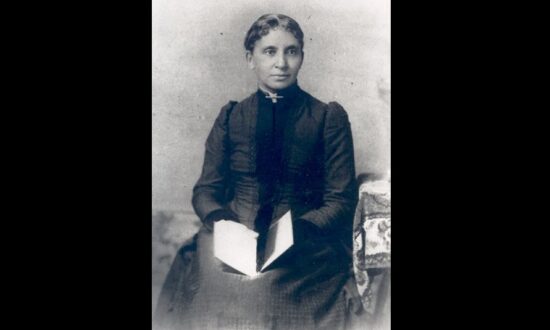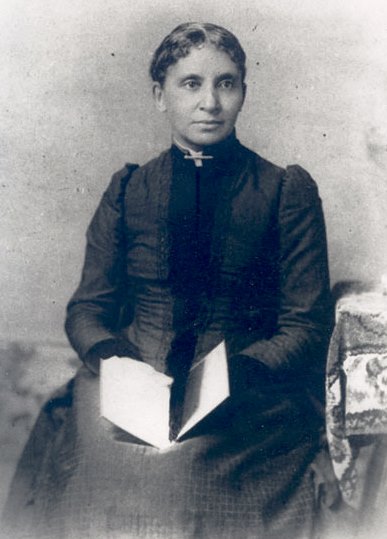Championing education and equality: The legacy of Charlotte Forten Grimké
Charlotte Forten Grimké stands as a testament to Black excellence in education and activism. Her life, though marked by challenges, demonstrates a powerful commitment to fighting for racial and gender equality through the transformative power of learning.
Born in 1837 into a prominent abolitionist family in Philadelphia, Forten's early education took place at home, as her father refused to send her to the city's segregated public schools. However, a significant turning point arrived when, at 16, she moved to Salem, Massachusetts, to live with the abolitionist Remond family and attend Higginson Grammar School. This relocation, which can be seen as an informal adoption into a more progressive educational and social environment, profoundly shaped her future. Forten's mother died when she was three, and her father, Robert Bridges Forten, did not want her to attend Philadelphia's segregated schools. Instead, he sent her to the more progressive Salem, Massachusetts, where she boarded with the Remond family, who were also prominent Black abolitionists. The move to the Remond family's household provided Charlotte with the opportunity to pursue a higher quality and integrated education not available to her in Philadelphia.
In Salem, Forten gained access to an integrated education that had been denied to her in Philadelphia. She attended Higginson Grammar School, where she was the only Black student in a class of 200, and later the Salem Normal School (now Salem State University), training to become a teacher.
Forten's time in Salem further immersed her in the abolitionist movement. Living with the Remonds and joining the Salem Female Anti-Slavery Society connected her with prominent figures like William Lloyd Garrison. She began publishing her own poetry and essays in abolitionist periodicals, using her voice to advocate for change. This period marked the emergence of her powerful literary and activist voice.
Forten’s commitment to education and equality led her to the Sea Islands of South Carolina during the Civil War as part of the Port Royal Experiment. There, she joined efforts to establish schools for formerly enslaved people, according to Horizons National. This was a pivotal time where she connected with the Gullah people and experienced firsthand the thirst for knowledge among a community that had been denied access to formal education. Although initially met with skepticism by some, she earned their trust and affection, chronicling her experiences in her journals and published essays like "Life on the Sea Islands". These writings not only documented her personal experiences but also provided valuable insights into the lives of both free and enslaved Black Americans during this tumultuous period.
After the war, Forten Grimké continued her work as an educator and activist, serving the Freedmen's Union Commission and teaching at various schools. She later married Reverend Francis J. Grimké, a prominent Presbyterian minister and civil rights advocate. Together, they continued their fight for racial justice and equality, with Charlotte becoming a co-founder of the Colored Women's League and actively involved in the women's suffrage movement. Charlotte Forten Grimké's story is a powerful reminder of the enduring spirit of Black excellence. Her determination to seek education, her unwavering commitment to social justice, and her eloquent use of words to fight for equality continue to inspire generations. Her legacy is one of resilience, leadership, and a profound belief in the transformative power of education for all.
Black Excellence Posts:
Each month, we take time to highlight the remarkable contributions of Black leaders, trailblazers, and changemakers whose impact continues to shape our world. These stories serve as a valuable opportunity for transracial families to learn, reflect, and engage in meaningful conversations about Black history and culture. We invite you to explore our past Black Excellence features in the carousel below, where you’ll find inspiring figures from various fields—activism, science, arts, sports, and beyond. If you haven’t already, be sure to subscribe to our monthly newsletter to receive these stories, along with discussion prompts and book recommendations, right in your inbox.


